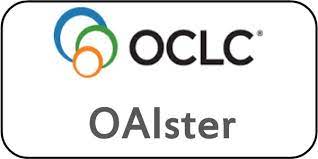An Open-labeled Clinical Study to Evaluate the Safety and Efficacy of “Anuloma DS” in Improving Constipation
DOI:
https://doi.org/10.59793/ijcp.v34i2.454Keywords:
Chronic functional constipation, polyherbal, spontaneous bowel movement, SGA score, PGA scoreAbstract
Background: Constipation is a common gastrointestinal problem in the general population. Despite a plethora of well-established and safe treatment options, the improvement is not satisfactory for many patients. This has prompted interest in alternative therapeutic strategies for constipation. Methods: This open-label, non-comparative single-arm clinical study evaluated the efficacy and safety of the polyherbal formulation “Anuloma DS”, 1 tablet daily at bedtime, in improving bowel movements in 30 adult patients with functional constipation. Patients were evaluated at baseline (Visit 1, Day 0) and follow-ups during Visit 2 (Day 7 ± 2), Visit 3 (Day 14 ± 2) and Visit 4 (End of the Study) at Day 30 ± 2. Results: There was a significant increase in the mean of spontaneous bowel movement every week from day 7 to days 14 and 30. All constipation symptoms such as abdominal bloating (aadmana), abdominal pain/discomfort (aanaha), feeling of incomplete evacuation and straining during passing stool improved significantly as did the SGA and the PGA scores. Conclusion: Anuloma DS is highly effective for the treatment of chronic functional constipation. No treatment-related side effects were reported by the study participants.
Downloads
Published
Issue
Section
License
All open access articles published in IJCP are distributed under the terms of the CC BY-NC 4.0 license (Creative Commons Attribution-Non-Commercial 4.0 International Public License). This license permits unrestricted use, distribution, and reproduction of the articles in any medium for non-commercial purposes, provided that: The original authorship is properly and fully attributed. The IJCP is cited as the original place of publication with correct citation details. If an original work is reproduced or disseminated in part or as a derivative work, this must be clearly indicated. No articles are reproduced for commercial use without prior consent from the IJCP. All licensing requests and permissions for commercial use will be managed by the Publisher.














